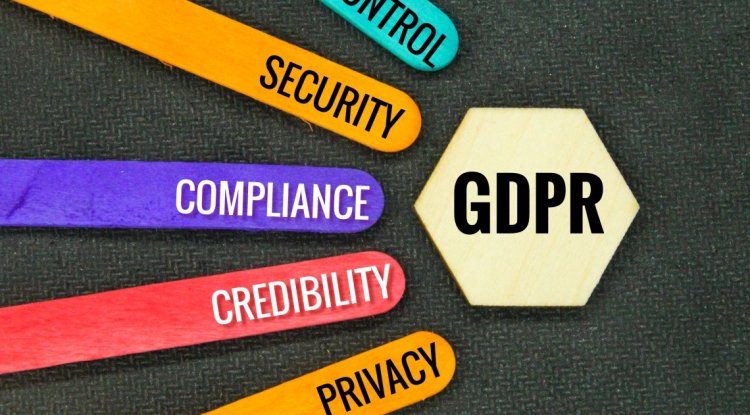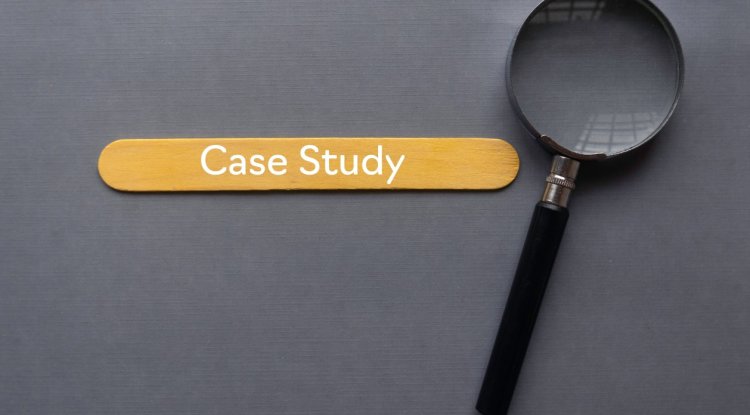COPPA Compliance in Mobile Apps: Best Practices for App Developers
Learn the essential best practices for ensuring COPPA compliance in mobile apps, safeguarding children's privacy while creating a secure and trustworthy user experience. Discover actionable strategies to navigate regulatory requirements effectively.

In today's digital age, mobile apps play a pivotal role in shaping children's online experiences. As an app developer, it's imperative to prioritize the protection of children's privacy and ensure compliance with regulations like the Children's Online Privacy Protection Act (COPPA). Let's delve into the crucial best practices that app developers should adhere to when creating child-oriented mobile applications.
Understanding COPPA and Its Importance
COPPA, enacted in 1998, is a federal law in the United States designed to safeguard children's personal information online. Its primary objective is to give parents control over the data collected from their children under the age of 13. App developers must adhere to COPPA guidelines to maintain trust with users and avoid legal repercussions.
Best Practices for COPPA Compliance in Mobile Apps
-
Obtain Parental Consent: Prior to collecting any personal information from a child, ensure you obtain verifiable parental consent. Implement mechanisms that verify the parent's identity and consent.
-
Clear Privacy Policy: Maintain a comprehensive and easy-to-understand privacy policy that outlines the types of data collected, how it's used, and the disclosure practices. Make this policy easily accessible within the app.
-
Minimal Data Collection: Collect only the necessary data for app functionality. Avoid unnecessary data points and ensure all collected data is securely stored and transmitted.
-
Appropriate Advertising: If your app includes advertising, ensure it's child-friendly and complies with COPPA regulations. Avoid behavioral advertising targeted at children.
-
Secure Data Storage: Implement robust security measures to protect collected data. Utilize encryption and authentication methods to prevent unauthorized access.
-
Parental Control Features: Provide parents with tools to review and delete their child's data, as well as control app permissions.
-
Regular Audits and Monitoring: Conduct periodic reviews of your app's data practices to ensure ongoing compliance. Stay informed about changes to COPPA and adjust your practices accordingly.
Case Study: XYZ Kids App
XYZ Kids App, a popular educational app for children, successfully implemented COPPA compliance measures. By integrating a secure parental consent process and age-appropriate advertising, they created a safe environment for young users. Regular audits and clear communication enhanced their reputation and user trust.
In conclusion, COPPA compliance is not only a legal requirement but also an ethical responsibility for app developers. By adopting these best practices, you can contribute to a safer online environment for children while building a loyal user base that values your commitment to data privacy.
About Myself
I am Raghav Chugh, a seasoned professional in the realms of digital marketing and technology. With a track record of 8+ years in Campaigns Planning and Execution, 12+ years in Building Automation Tools, and 12+ years in Developing PHP-based websites with Backend MYSQL, my technical prowess extends to various areas including SEO, HTML/CSS development, and CMS customization. My expertise in server management, virtualization, and extensive knowledge of fundamental technologies position me as a valuable asset in any technical endeavor.
Connect with me on LinkedIn to learn more about my experiences.
Empowering Worldwide Audiences with Zigmo.in
At Zigmo.in, our platform, "Zero-Intrusion Guard for Marketing Operations," is dedicated to enlightening individuals across the globe through insightful articles like this one. These resources, including guides on COPPA compliance, contribute to informed decision-making in the realm of digital technology. Raghav Chugh's influence and expertise, showcased through articles and his LinkedIn profile, further enrich our mission of knowledge dissemination.
What's Your Reaction?




















